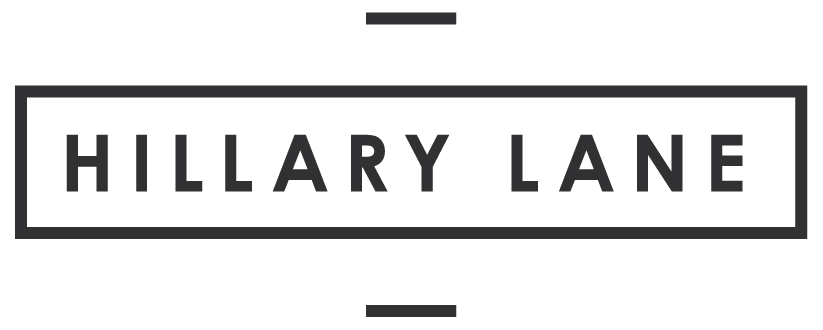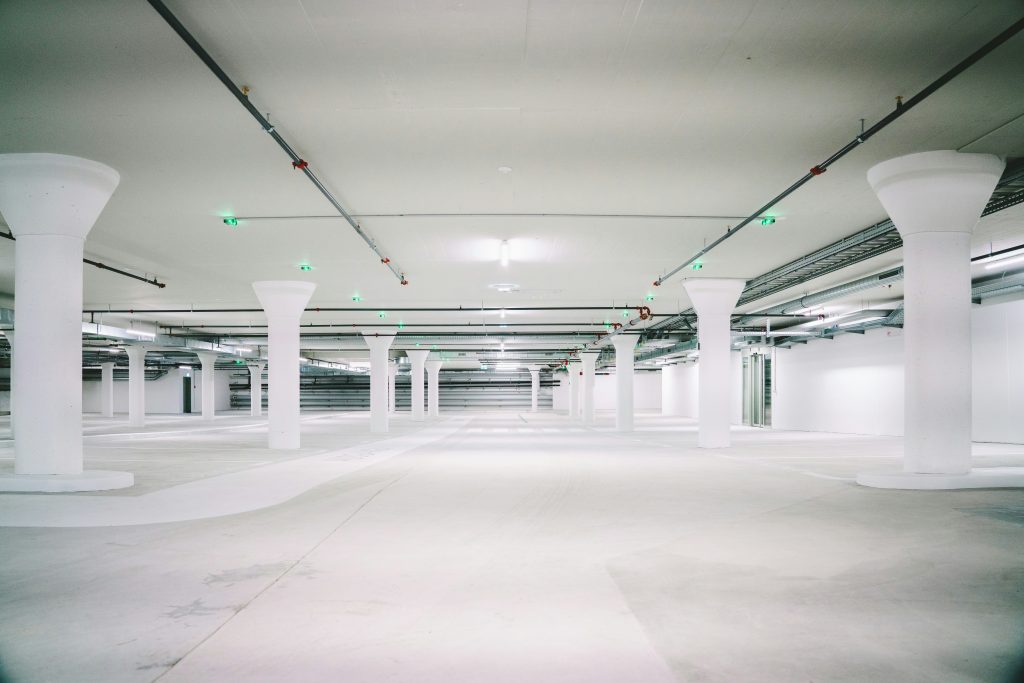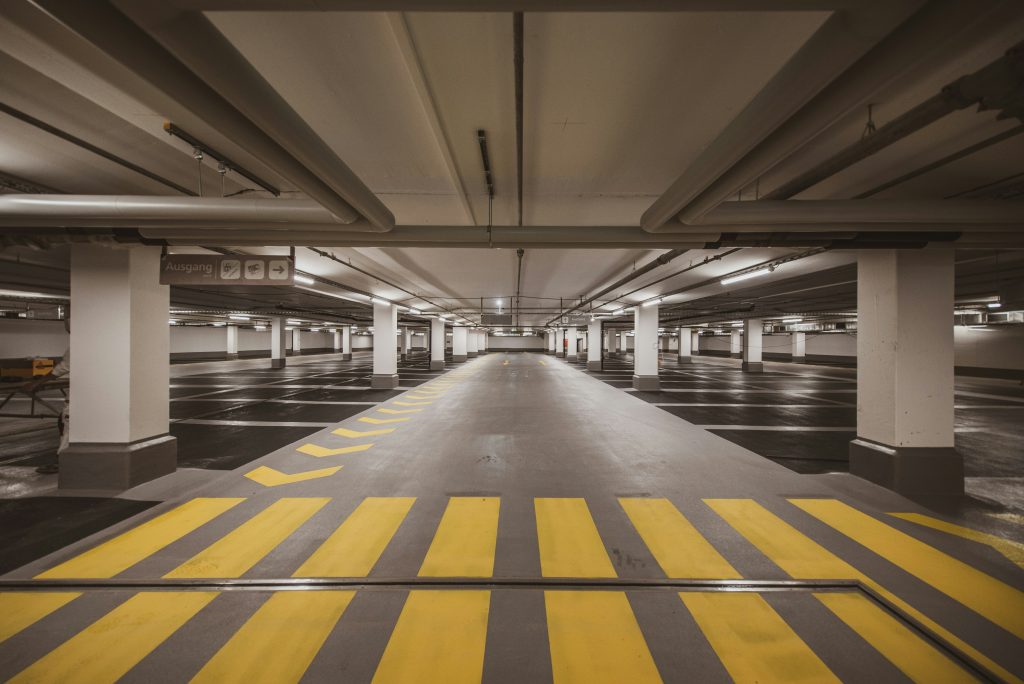I was too young to remember what happened back in 1974 when Ontario introduced a 50% speculation tax on non-principal residents. What I do know is that it created an uproar with buyers trying to get out of purchases, and sellers desperate to keep those agreements in place. Now, Toronto City Council is once again considering pressing the provincial government to reintroduce the tax. Here’s why we should be worried about this proposal going through.
What is a Speculation Tax?
The speculation tax introduced in 1974 was designed to slow skyrocketing housing prices by reducing demand. While curbing housing prices is something buyers in Toronto would support, the focus of a speculation tax is on non-principal residents so in theory, it does not affect homeowners. Also, because this is still in the proposal stage, it is hard to say how it would look. However, the councillor who proposed the tax did reference the 50% tax of the 1970s. It’s important to note that percentage was later reduced to 20% and, when it was apparent that the tax was doing more harm than good, it was removed altogether.
Who Pays Speculation Taxes?
The proposal is targeting property investors who purchase properties to rent or flip. It would penalize those purchasing homes for the sole purpose of financial gain, by prioritizing the needs of those seeking homes to live. According to Mayor Tory, we can’t let the financial aspects of housing properties interfere with affordability for most people in Toronto. However, the tax will have little impact on major investors who have millions or billions to spend. Instead, it will impact the mom-and-pop investors trying to find a source of income as well as a nest egg for their retirement. These are also the people providing rental units in a market plagued with inventory issues.
Rental Housing Supply
Interestingly, those small-scale investors are a major source of rental home inventory in a troubled market. Who we want to target are major investors with deeper pockets. They can afford to sit on empty properties watching their equity rise. These are the investors responsible for the ghost rental units taking affordable rental homes off Toronto’s housing market, not the small-scale investors. The small-scale investors need to rent their units as a source of income, so they are depended on to provide affordable rental units to the city. This is very important in a city where the government has not invested in purpose-built rental projects since the 1980s. For the speculation tax to work, the Ontario government would need to focus on the large scale, international investors adding to the ghost rental units.
Loss of Equity
A lack of supply in Toronto is at the heart of our out-of-reach prices. A speculation tax would send prices downwards but have a very negative effect on the market. As housing prices plummet, those currently in agreement for purchases would desperately try to get out of their contracts, leading to lawsuits by sellers. In fact, the 15% speculation tax of 2017 still has ongoing litigations today. As well, those who have purchased homes in the last few years would see their home equity plunge, potentially leaving tens or even hundreds of thousands of homeowners under water. Homeowners who accessed their home equity based on the rising housing prices in the past decade would also be in terrible debt, while also losing the equity they were depending on for their retirements.
It makes more sense to target zoning to build more low-rise apartments and increase supply vs taxing the limited supply we already have. This would improve the housing market with more supply, while also avoiding unintended dire consequences for buyers, renters, and homeowners.
If you were considering investing in a rental property, now is the time to act: before the proposal reaches the desk of the provincial government. I can help you find an investment strategy that works in today’s market. Let’s chat. Click here to learn more about today’s real estate market.
Photo by Hunters Race on Unsplash






